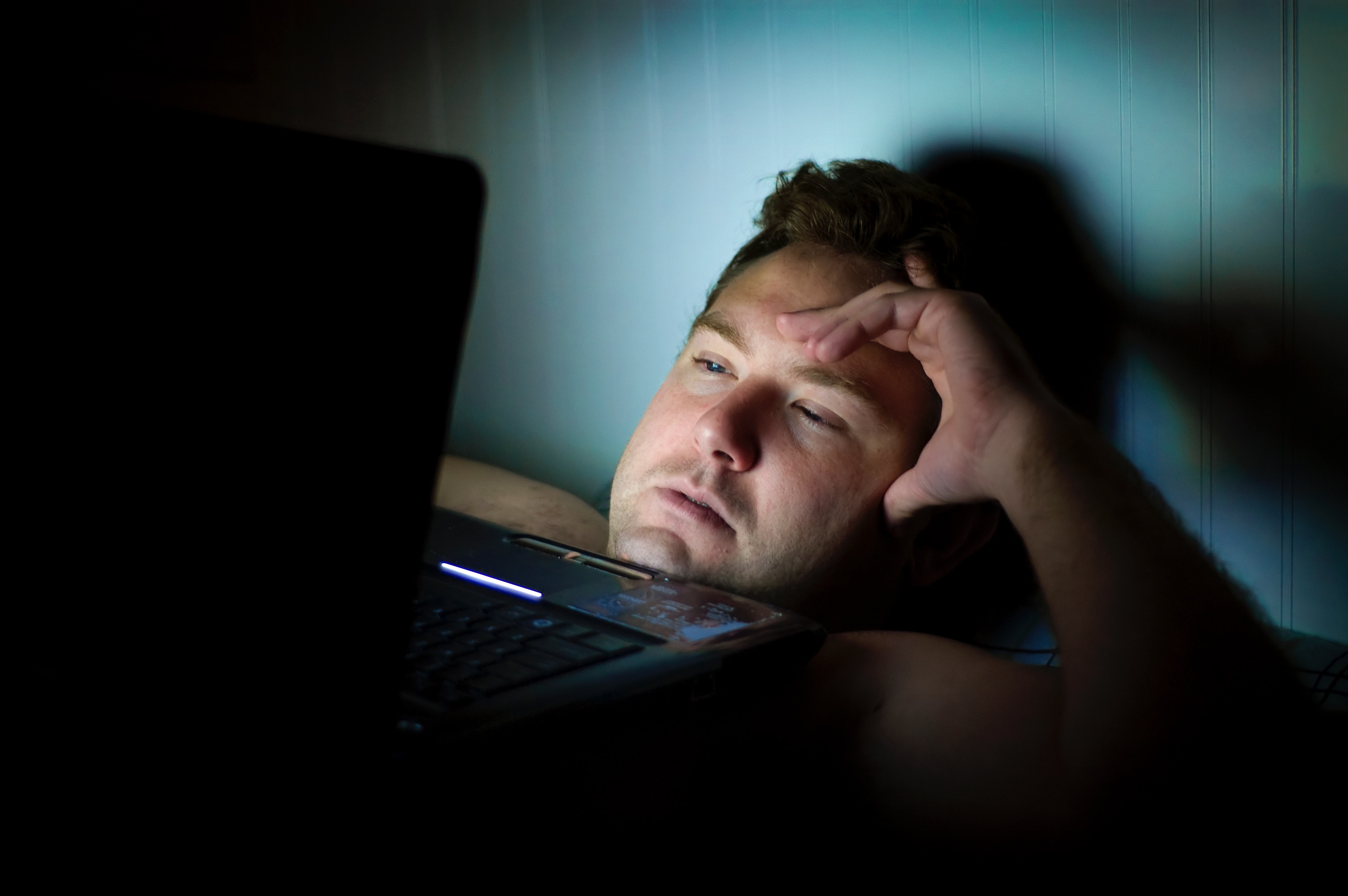Culture » Nomophobia and iDisorder: is technology our new addiction?
A few days ago, I was having fun with friends in a pub when my attention was drawn to a couple sitting close by: he was watching football on his phone, she was taking selfies – possibly for her Instagram profile. I found this all very sad.
Nobody can deny the positive impact modern technology has had on our lives. It has hastened many industrial processes through automation, given us the ability to stay in touch with people on the opposite side of the world, buy things from anywhere and have them delivered to our homes the next day, and much more. But, does all of this come at another cost to us?
It seems technology has become our new addiction. And it has started to have a negative influence on our social, physical and mental health.

In the last decade, scientists and psychologists have started talking about Nomophobia and iDisorder.
Nomophobia – a term coined by the UK Post Office in 2010 – is the abbreviation of no–mobile-phone-phobia. It is the irrational fear of losing your smartphone or being unable to use it for any reason (no phone signal, no battery power, etc.). One YouGov study revealed that 58% of men and 47% of women suffer from nomophobia in the UK. These people said they felt anxious if they ‘lost their mobile phone, ran out of battery or credit, or had no network coverage’.
iDisorder is related to anxiety and is also associated with other signs and symptoms of psychological disorders due to the change of the brain’s ability to relate to the world: OCD, narcissism, stress, sleeplessness, ADHD, and even depression. Together with the compulsive need to check your smartphone constantly.
Let’s see what this means and which areas of our everyday life it affects.
Online communication has replaced face-to-face conversation and our real friends have turned into followers on our social media channels. We prefer chatting online even whilst sitting at the table with others, we are reluctant to spend time in public spaces and meet people in real life. All of this results in a loss of empathy, and ability to read people’s tone of voice, facial expressions and body language making our interactions awkward and less spontaneous. The outcome is a strong feeling of isolation and loneliness that potentially leads us to depression and low self-esteem.
We all know that the abuse of technology is very likely to cause problems to our eyes, ears, and neck. Just think about all the time we spend looking at our screens, listening to loud music and keeping our necks down to chat or check Facebook on our smartphones. Sitting for too long exposes us to serious health risks, including cancer – no matter how much you workout. Besides this, it can compromise our health balance.
We have started looking for constant approval, attention and gratification. We now base our self-confidence on the number of people who like our selfies or posts. And we get upset if there are not as many as we expected.
These phenomena can affect anyone regardless of gender, socioeconomic status, or ethnicity.

Hence, depression, mood disorders and frustration which can affect our body so much that – according to some studies – may lead to cancer.
All this technological activity drains our body and mind. We feel constantly tired and without energy. Maybe we stayed up late to play video games or spend time on social media with the alarm set for 6 am to go to work the next day. Or, maybe, we went to bed on time but spent the last hour before sleeping on our smartphone.
Either way, the result is poor quality sleep due to the light coming from our favourite gadget that influences the level of melatonin – the sleep chemical that we produce. As a consequence, we’ll experience a loss of concentration and bad performance at work or at university. We are exhausted. We turn into zombies.
There is never enough time to spend with technology. There is always something else to see. And jumping from one link to another on the internet, we don’t even realise how many hours we spend sitting in front of a screen, and how many other things we could have done in that time! Perhaps we were watching funny videos or pictures that made us laugh for a while but didn’t improve our quality of life overall.
We have only 24 hours in a day. We have to use them wisely for our self-improvement and satisfaction. Think about all the things you would do if you didn’t have your smartphone for a whole weekend. How do you think your life would change? What would you do differently?

So, what’s the iCure for the iDisorder? What can we do to prevent these issues?
You need to take some healthy ‘tech breaks’! Try to balance the time you spend online with the time you spend offline. Take weekends as an opportunity to switch off all your gadgets and go for a walk in the countryside.
Give your eyes, body and mind the experience of living in a world without a screen. Turn off your smartphone one or two hours before going to bed to enjoy proper restorative sleep. Meet people face-to-face. It’s much better, helps to build long-term relationships and also prevents misunderstandings. Do you know how many couples break up because of modern technology?
So, are you ready to live your life offline?
Find out more about work-life balance.



© 2022 Maze Media Ltd • All Rights Reserved